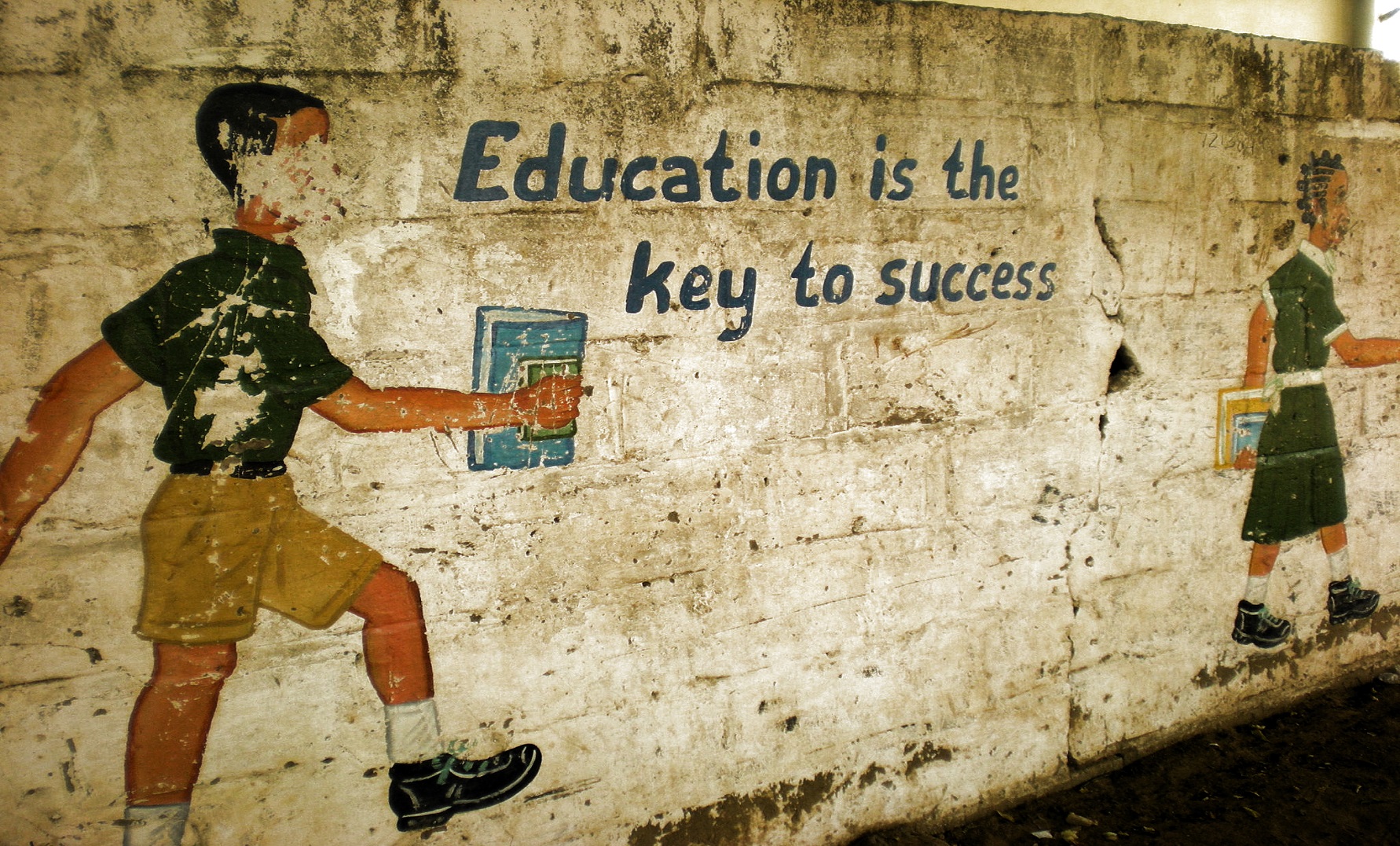Imagine waking up to find companies and industries downsizing their workforce, prices of basic commodities rising by the minute, the cost of healthcare far from affordable, the crime rate and insecurity a major concern, while the cost of living continues to skyrocket. As if these concerns are not enough, education, the true means of advancing our country is becoming beyond the reach of most small families. That describes the Nigerian economy, where the
gross domestic product has fallen three percent,
inflation is 17.2 percent, unemployment is 13.3 percent, and the value of our currency is in a free fall.
Most families tag the future on the little kids dressed in school uniform hoping that one day they graduate from a university, and find employment with a decent income to bring back home. I am a student studying plant biology and in my final year of studies. My family is depending on me.
The Nigerian economy is the largest African economy. It depends on the production and exportation of crude oil. The recent decline in crude prices has drastically reduced government revenues. This forces the government to dig deeper into reserves and external borrowing to support its expenditures, thus plunging the economy into debt. This includes education. The devaluation of the naira to the dollar has contributed to an
inflation rate of 17.2%.
Inflation means individual citizens have to spend more on goods and services as the cost of living escalates. For students and the unemployed this means more hardship. Our crime rate has been increasing as a result of the high cost of living brought about by our recession. The high unemployment rate has forced youth to resort to illegal money making methods like selling drugs, prostitution, and theft. Even students are resorting to theft and fraud in order to get an extra dollar for their upkeep and tuition fees. This leads to students living in fear that their property is always at risk of loss, and they are afraid of being harmed due to the violence that is associated with stealing.
I have to be constantly concerned about the security of my property because I am worried that it may be stolen. This detracts from my ability to focus on my studies. In my first year, my allowance per month was $100 which was 16,500 Nigerian naira. At the time, the exchange rate was 165 naira per dollar. This amount wasn't enough, but it was manageable. I could take care of school expenses and personal needs. I was never lacking, and I could concentrate on school fully. By 2013, the inflation rate had increased to eight percent. Most of my supplies were imported, so a weaker naira resulted in my expenses increasing more than the rate of inflation. I had to miss school one day each week to cut down my expenses.
This year, the price of goods and commodities doubled as the dollar to naira relationship weakened even more. Today, the exchange rate is 315.5 naira per dollar. My allowance is still fixed at the amount I was given during my first year. It is very hard to concentrate on any school activities. Sometimes I miss school twice in a week and eat only twice a day so as to save for school transportation. The price of food has doubled. I can remember when a small bowl of raw processed rice was 200 naira. Today it costs 440 naira.
Going hungry decreased my brain retention. Health practitioners advise students to eat breakfast to help with our retention. My grades started dropping. I was slightly above average my first year but very close to average in my final year. I have missed important practical courses in school and sometimes missed tests.
My health has suffered also. Not only do I need to eat well to study well in school, I also need to eat well to be strong physically. Pastor Tony Adeyemi, a health pastor, once lectured that 80% of sicknesses and diseases are a result of what we eat. Healthy living starts with healthy eating. I am constantly down with malaria or headaches as a result of not eating well. Cooking healthy food is also difficult for many people because a cylinder of cooking gas and groceries are so expensive.
Recession affects all citizens at some level. Students are one group that is hit very hard because they are dealing with rising prices on a fixed income. This is troubling when so much of our future rides on the youth of our country. As I round up my plant biology program, my greatest hope is that this combination of a recession and inflation will end soon and bring prosperity that will create job opportunities for college graduates.
To learn more about the current state of Nigeria's economy, see this recent article and video from
BBC News.
To learn more about recessions in general and the effects they have on economies, see
Business Cycles.
